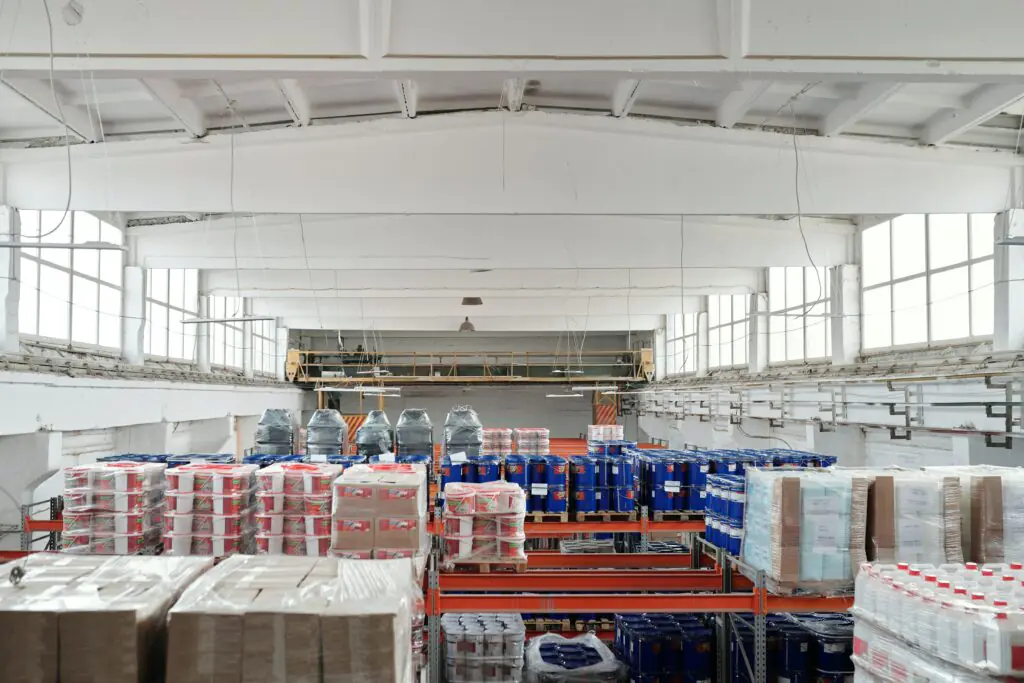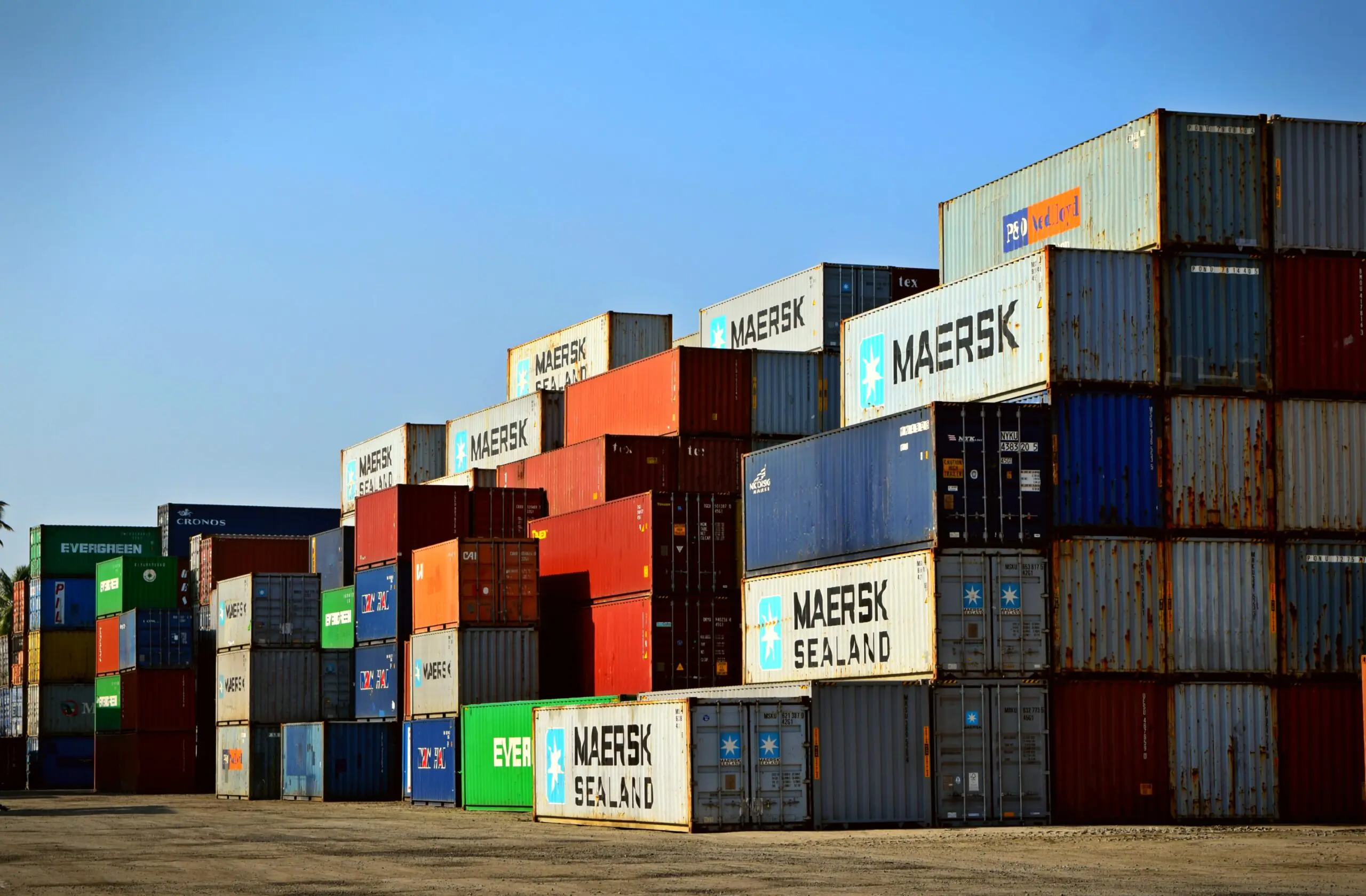Typical qualifications needed for logistics jobs in the UK
The typical qualifications needed for logistics jobs in the UK can vary depending on the specific role and level of responsibility within the industry. However, there are some general qualifications and skills that are commonly sought by employers in the logistics sector. Here are the key qualifications and requirements commonly seen for logistics roles in the UK:
Education: For many logistics jobs, a relevant degree or educational background is preferred. Logistics professionals often hold degrees in fields such as supply chain management, logistics, business administration, transportation management, or a related discipline. Depending on the position’s seniority and complexity, employers may require a bachelor’s, master’s, or even a doctorate degree in logistics or a related field.
Experience: Practical experience in the logistics field is highly valued by employers. Candidates with relevant work experience, internships, or apprenticeships in logistics, transportation, warehousing, or supply chain management are often preferred.
Certifications: Some logistics roles may require specific certifications to demonstrate expertise and compliance with industry standards. Certifications such as the Chartered Institute of Logistics and Transport (CILT) certification or certifications related to specific aspects of logistics, such as warehouse management or transportation management, can enhance a candidate’s qualifications.
Technical Skills: Depending on the logistics job’s nature, employers may seek candidates with specific technical skills. Proficiency in using logistics software, inventory management systems, route optimisation tools, and other relevant technologies is often beneficial.
Analytical Abilities: Logistics jobs involve complex problem-solving tasks and data analysis. Candidates with strong analytical skills can effectively manage supply chain processes, identify inefficiencies, and implement improvements.
Communication and Teamwork: Logistics professionals often work collaboratively with different teams and stakeholders, such as suppliers, carriers, and internal departments. Strong communication skills and the ability to work effectively in a team environment are essential.
Attention to Detail: Accuracy and attention to detail are crucial in logistics to ensure that shipments are correctly handled, inventory is managed efficiently, and supply chain processes run smoothly.
Flexibility and Adaptability: The logistics industry can be dynamic and subject to sudden changes. Candidates who are adaptable and can handle varying work conditions, unexpected challenges, and time-sensitive situations are highly valued.
Safety Awareness: Safety is a top priority in logistics operations. Employers seek candidates who prioritise safety protocols and adhere to health and safety regulations.
It’s important to note that specific qualifications and requirements may vary depending on the logistics job’s nature, the employer’s preferences, and the candidate’s level of experience. Candidates interested in pursuing a career in logistics in the UK should research specific job descriptions and industry trends to tailor their qualifications accordingly.






